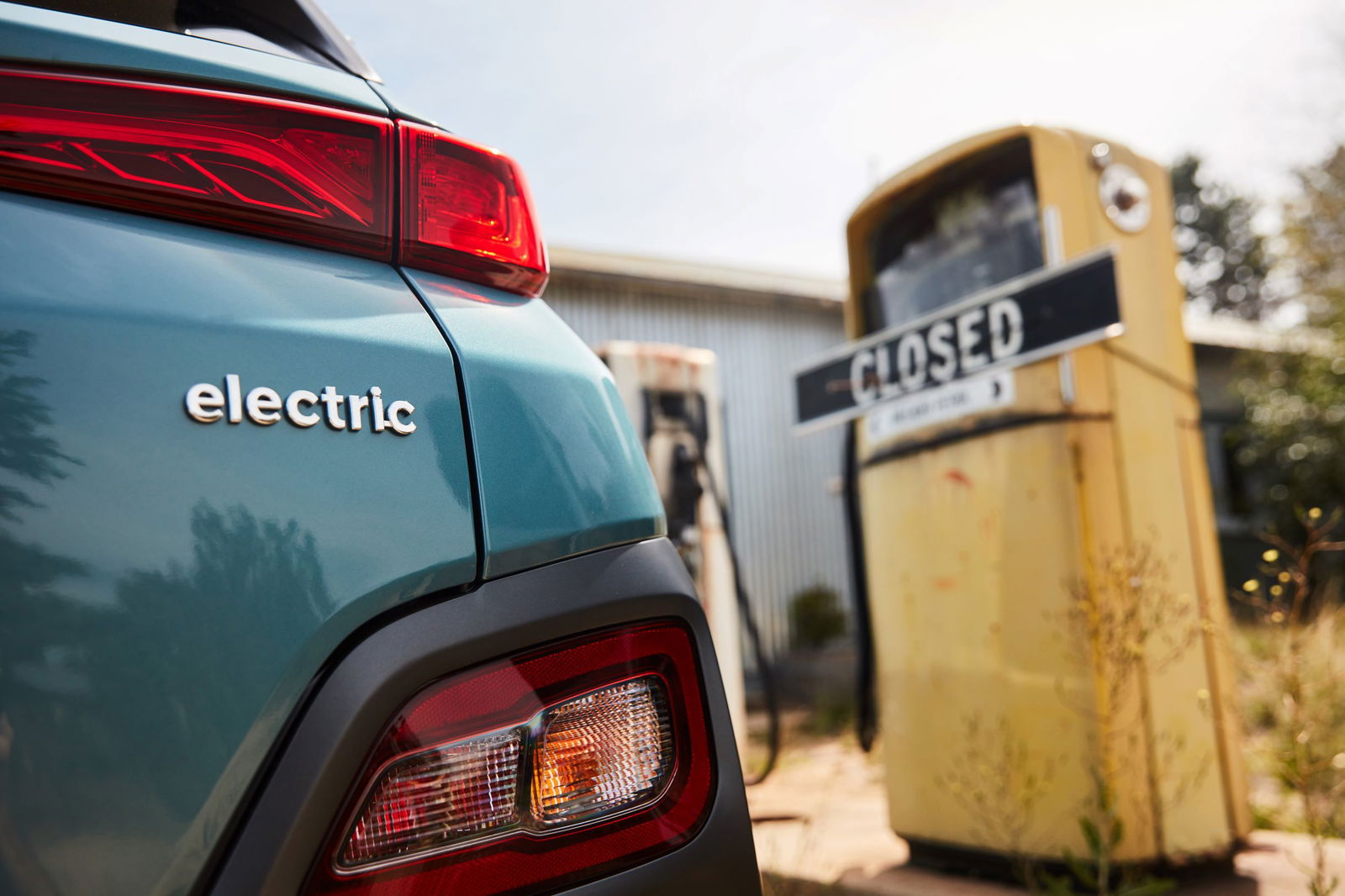
The Australian car industry has fractured, with two leading electric vehicle brands quitting the Federal Chamber of Automotive Industries (FCAI). It comes as the peak motoring body continues to actively campaign against the Federal Government’s New Vehicles Emissions Standards (NVES).
Both Tesla and Polestar have suddenly quit the FCAI, claiming the organisation no longer represents its values.
In a letter to the FCAI and reported by the ABC, Tesla has accused the FCAI of making “demonstrably false” claims about the impact of NVES and how it will increase the cost of new cars.
“Tesla is concerned that the FCAI has engaged in behaviours that are likely to mislead or deceive Australian consumers,” the letter read.
A day later, Polestar Australia CEO Samantha Johnson, wrote her own letter to the FCAI, excerpts of which were published in The Guardian.
“The FCAI’s commentary against the proposed ‘Option B’ framework of a NVES does not represent the position of Polestar and may have irrevocably damaged consumer perception and trust in the proposed policy,” Johnson’s letter read.
“The brand can not in good faith continue to allow its membership fees to fund a campaign designed to deliberately slow the car industry’s contribution to Australia’s emissions reduction potential.”
READ MORE: Roland Dane – Cheating isn’t restricted to motorsport

It comes in the wake of the FCAI and its chief executive, Tony Weber, making repeated negative claims around the proposed emissions cuts in NVES as well as disparaging remarks around electric vehicle sales in Australia.
The FCAI’s January press release announcing sales figures for the first month of the year, which was made public just after NVES was announced, had the headline – “SUV, Utes Deliver Record January Sales – and Challenges for Proposed NVES.”
The same press release featured a quote from Weber that was disparaging to the entire EV market: “Even with the current incentives offered by the Commonwealth and State and Territory Governments, sales of battery electric vehicles appear to have plateaued during recent months.”
This notion of the market ‘plateauing’ was proved to be false in February, when EV sales made up 9.6 per cent of the total market and are up 39.1 per cent year-to-date after just two months. In fact, EV sales are up across every key segment of the market as more choice becomes available and more buyers transition to battery power.
READ MORE: US changes emissions targets – have we jumped the gun on EVs?
It no doubt frustrated Tesla and Polestar management that the FCAI made no effort to praise the rising EV sales, apart from stating the facts. But did make the specific point that only one electric ute was sold in February – an LDV eT60, a ute even LDV’s local management insists is a niche product without widespread appeal.
“Australian motorists’ strong preference for Utes, accounting for 20.3 per cent of sales this month, demonstrates the challenges with the proposed New Vehicle Emissions Standard. Out of 21,327 utes sold in February, only one was an EV,” Weber said in the FCAI’s public statement.
While there is undoubtedly truth to Weber’s assertion that Australian new car consumers are buying utes in record numbers, the harsh reality is Australia is one of only two developed nations in the world (the other is Russia) without any kind of enforced emissions standards.

The entire industry has known this day was coming for a long time and while some brands have prepared for it, introducing more fuel efficient models including hybrids and EVs, others have waited and enjoyed the more profitable but less-efficient models they currently enjoy selling.
The reality is the FCAI should look after all its members’ interests, not just the biggest brands, so it’s understandable that Tesla and Polestar feel aggrieved. And it’s also why there have been more disgruntled whispers from within the industry.
READ MORE: Ford reveals its future-proofed Ranger
What’s important to remember, and what the FCAI is seemingly trying to cloud with its comments, is that utes will not be ‘banned’ under NVES. You’ll still be able to buy them, albeit more fuel efficient ones. Ford has already announced a plug-in hybrid version of the Ranger. Toyota already has a hybrid powertrain for the Tundra pickup in the US, so no doubt something similar for the next-generation HiLux is possible.
Ultimately, whether you believe in saving the planet or not, the more fuel-efficient a vehicle is, the less money you need to pay at the pump – so it’s a win-win in the long run. Cetrainly in the short-term, as the US experience has demonstrated, expecting a wholesale or widespread switch to EVs is unrealistic and unachievable, particularly in Australia. But it doesn’t mean we can’t start working our way to cleaner, more efficient vehicles.
This is an important step for the long-term in Australia, even if it means some short-term pain and it’s crucial that we don’t allow false perceptions and negative agendas to influence a policy that is long overdue.












Discussion about this post